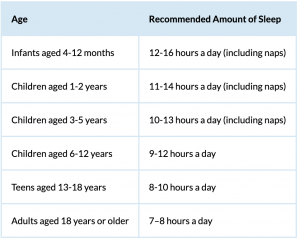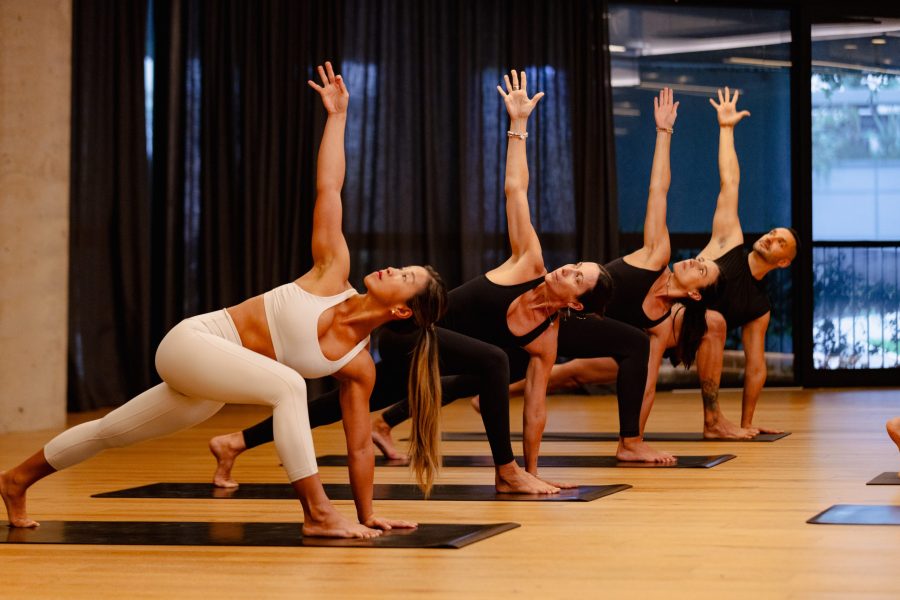Yoga & Sleep
Incorporating yoga into your daily routine can be a game-changer for improving sleep quality. By practicing gentle poses, focusing on breath control, and nurturing mindfulness, you create a harmonious environment for your mind and body to relax deeply. As you establish a soothing pre-sleep ritual and embrace restorative poses like Savasana, you invite tranquility into your evenings and set the stage for rejuvenating sleep. Embrace the power of yoga, and experience the profound benefits of blissful nights and energised mornings.
Yoga offers a diverse range of practices, each with its own unique benefits. When it comes to improving sleep, certain types of yoga can be particularly effective. In this blog post, we will explore three types of yoga that can help promote relaxation, reduce stress, and prepare your body and mind for a restful night’s sleep.
Restorative Yoga :
Restorative yoga is a gentle and soothing practice that focuses on deep relaxation and releasing tension. Through the use of props like blankets, bolsters, and blocks, restorative poses are held for extended periods, allowing the body to completely surrender and find stillness. By engaging in restorative yoga before bedtime, you can activate the parasympathetic nervous system, promoting a state of relaxation and preparing your body for sleep. Poses like Supported Child’s Pose, Legs-Up-the-Wall Pose, and Corpse Pose are particularly beneficial for calming the mind and promoting deep rest.
Yin Yoga :
Yin yoga targets the connective tissues of the body, such as ligaments, tendons, and fascia, with long-held poses and mindful stretching. This meditative practice encourages surrendering into each pose, allowing the body to open up gradually and promoting deep relaxation. Yin yoga can help release physical tension and improve circulation, both of which are essential for quality sleep. Poses like Butterfly Pose, Sphinx Pose, and Supported Fish Pose are commonly practiced in yin yoga sequences and can be incorporated into your bedtime routine to induce a state of calmness and prepare your body for restorative sleep.
Yoga Nidra :
Yoga Nidra, also known as “yogic sleep,” is a guided meditation technique that induces deep relaxation and conscious sleep. This practice involves lying down and following verbal instructions that lead you into a state between wakefulness and sleep. Yoga Nidra allows you to relax each part of your body systematically while remaining mentally alert. This practice is deeply restorative, reduces stress, and can help alleviate insomnia. By incorporating a Yoga Nidra practice into your evening routine, you can experience profound relaxation, balance your nervous system, and prepare your mind for a peaceful night’s sleep.
How Sleep Helps Us Heal
Other than feeling lethargic and moody, it comes as no surprise that we aren’t our best versions of ourselves when we’re tired. Just like an uncharged phone, we can become sluggish, unresponsive and sometimes, we can mentally shut-off altogether. Beyond these physical limitations, researchers are also increasingly linking quality of sleep to maintaining both short and long term health, including stronger immune defence. This news comes as recent viral outbreaks begin to plague our lives (and news feeds), so we’ve set out to explore the importance of sleep and its effectiveness in keeping us sniffle-free!
Every time we rest our heads, we enable our body to shift its internal focus to supporting healthy brain function and physical restoration. At night, our body creates and releases cytokines, a type of protein that targets infection, inflammation and trauma [1]. This is significant because, when we neglect our need for sleep, we deprive our body of the time it needs to build up its defences and pause the generation of any new blood cells that help maintain our cellular immunity [2].
In a study by Carnegie Mellon University, Pittsburgh, of 153 healthy men and women, researchers found that ‘participants with less than 7 hours of sleep were 2.94 times more likely to develop a cold than those with 8 hours or more of sleep’[3]. Sleep also helps the body trigger a hormone release that repairs skin tissue and muscle damage, so without it, we become physically weaker, further taking away our fighting-chance against viral infections like the flu.
If we revert back to our phone analogy, we wouldn’t expect our phones to miraculously function without being charged, so we shouldn’t expect the same from our bodies. Sleep is vital to our wellbeing in every essence of the word, so we’ve listed age-relative optimal sleeping times below*:

*As advised by the SleepFoundation.org
For the one-third of our lives that we spend asleep, it’s important to always remember how productive our bodies are being. So, next time you consider pulling an all-nighter to complete that important work document, consider the risk on your immunity which may, in fact, result in more time away from work in the long run!
- https://www.sleepfoundation.org/articles/how-sleep-affects-your-immunity
- https://www.nhlbi.nih.gov/health-topics/sleep-deprivation-and-deficiency
- https://www.ncbi.nlm.nih.gov/pubmed/19139325
- https://www.insidescience.org/news/why-sleep-soothes-flu
- https://www.sleepfoundation.org/articles/what-happens-when-you-sleep


